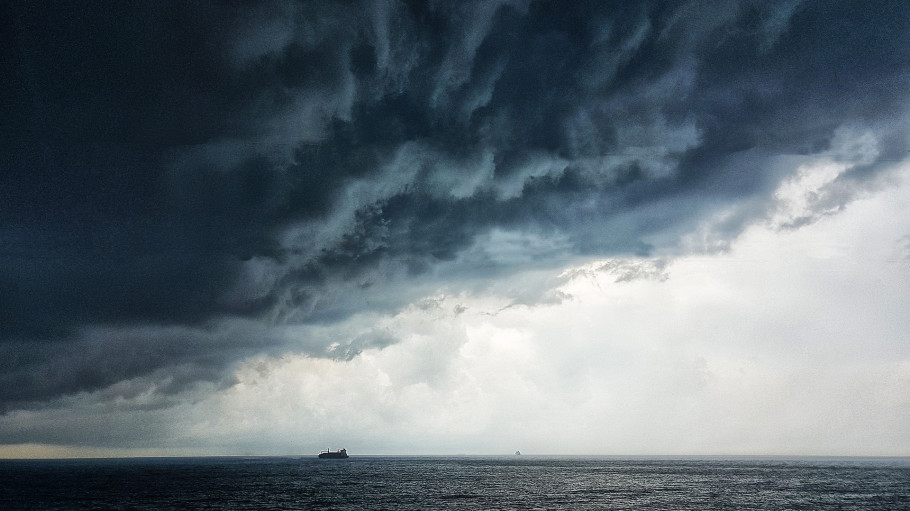

Climate protection is the focus of much of the European Steel Association's work. Continuing the downward trend in energy use and climate-impacting greenhouse gas emissions is essential to ensuring the sustainability of the European steel sector.
The European steel industry is the most advanced of its kind in the world. As it is, Europe leads the way in environmental and climate performance. CO2 emissions and energy use in European steel production have been halved since 1960, and the sector has the ambition to further achieve cuts of between 80-95% by 2050, compared to 1990 levels.
This transition will require significant investment in new technological development and deployment, in energy infrastructure, consumption and type, and will require access to high-quality
materials, such as iron ore and scrap. EUROFER works on climate and energy issues to establish how this essential change can happen in the sector, ensuring that Europe remains on track to fulfil its Paris Climate Accords requirements, whilst also making European steel fit for a clean, low-carbon future.
Brussels, 22 March 2024 – The future of a strong and resilient EU can only be forged with steel made in Europe. Europe-made low-carbon steel has a strategic role as it enables a net-zero economy, but today it faces strong headwinds from high energy prices, unfair competition, global overcapacity and growing unilateral carbon costs. The year 2023 has recorded the lowest European crude steel production levels ever, with a number of idled plants and dire impact on workers. Ensuring the enabling conditions for the short-term viability and the decarbonisation of the steel sector urgently needs to be at the top of the EU agenda. This is the message delivered by the European Steel Association together with a number of high-level representatives of the sector on the occasion of the Clean Transition Dialogue on Steel in the presence of the Executive Vice Presidents of the European Commission, Maroš Šefčovič and Margrethe Vestager.
Uses, limits, and realistic potentials of demand-side response from the European steel industry along with a broad set of framework recommendations for an EU policy
European Industry Summit: a business case for Europe, under the auspices of the Belgian Presidency of the Council of the EU - There is an urgent need for clarity, predictability, and confidence in Europe and its industrial policy